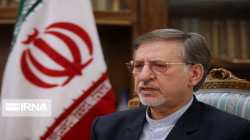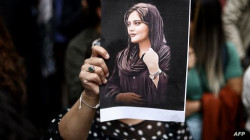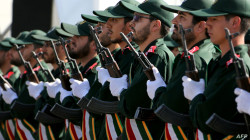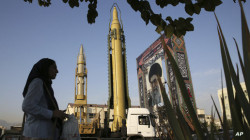Britain reconsidering Iran nuclear deal after execution of Alireza Akbari
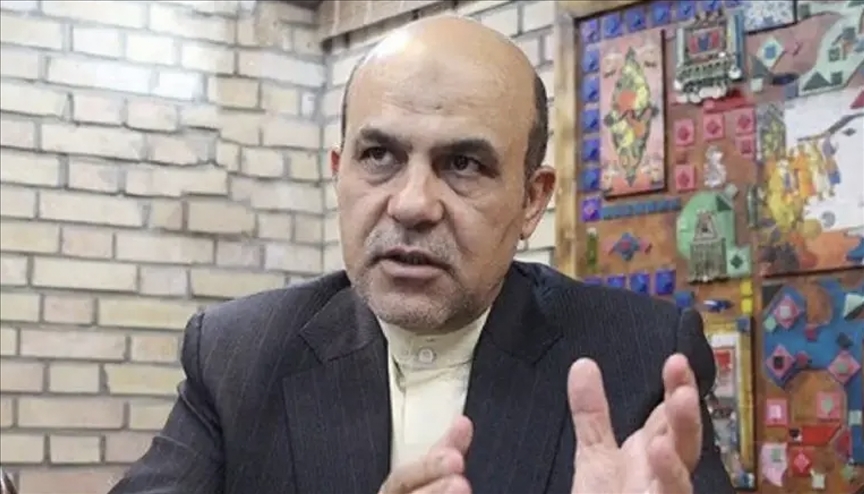
Shafaq News/ The UK is reconsidering its support for the Iran nuclear deal following the execution of a British-Iranian dual national, The Sunday Telegraph said.
Alireza Akbari, a former Iranian deputy defence minister, was charged with spying for MI6 and before his death claimed to have been tortured for 3,500 hours.
His execution is a major escalation in tensions between the West and Iran, which were already running high over Tehran’s crackdown on nationwide protests and its military support for Russia’s invasion of Ukraine.
Britain has been a key player in the talks on restoring the Obama-era nuclear deal, which had eased crippling sanctions on Tehran in return for curbs on its nuclear programme.
But senior Whitehall sources said that the “landscape” has changed significantly since the negotiation process began and as such Britain is now reviewing its options regarding future involvement.
“During the time we have been dealing with it, the landscape and proposition has completely changed – largely because of the behaviour of the Iranian regime,” a government source said.
They pointed out that the relationship with Tehran has been under severe strain in recent months owing to its policy of brutal repression towards internal protests against the regime. Meanwhile Downing Street said “all options are under review” in light of the execution.
James Cleverly, the Foreign Secretary, announced a series of measures in response to Akbari’s execution, including sanctioning Iran’s prosecutor general and summoning Iran’s charge d’affaires to make clear Britain’s “disgust”.
The British ambassador to Iran has been temporarily recalled to the UK for urgent talks about possible next steps.
Mr Cleverly said the sanctions show that the UK is serious about holding Iran to account for its “appalling human rights violations”.
The Foreign Secretary will travel to Washington DC on Monday for talks with Anthony Blinken, the US Secretary of State, where the two will discuss Iran.
Ramin Forghani, Mr Akbari’s nephew who fled to Luxembourg because of his opposition to the regime, said that continuing the discussions with Iran would be “unthinkable”.
Britain was already drawing up plans to proscribe Iran’s elite Revolutionary Guard Corps (IRGC) as a terrorist organisation, but it is not expected that this will happen imminently.
Alicia Kearns, the chair of Parliament’s foreign affairs committee, urged the Government to declassify and share more intelligence about Iran’s rogue activities and shut down IRGC-linked organisations in the country.
On Saturday, Tehran faced an international furore over the execution, led by Rishi Sunak, who accused the regime of a “callous and cowardly act, carried out by a barbaric regime with no respect for the human rights of their own people”.
The American ambassador to London described the execution as “appalling and sickening”, while Emmanuel Macron, the French president, condemned it as a “heinous and barbaric” act.
Miguel Berger, the German ambassador to UK, also condemned the “horrendous torture and execution” of Akbari, adding that: “Those responsible for repression in Iran will be held accountable.”
Meanwhile, David Lammy, Labour’s shadow foreign secretary, said that Iran must be “held accountable” for breaching international law, and condemned the “atrocious, cowardly and authoritarian execution”.
The talks on restoring the Iran nuclear deal, which was abandoned by Donald Trump, the former US president, in May 2018, began again in April 2021 but quickly ran into major difficulties.
Iran was accused of using the talks as cover while it ramped up work on its nuclear programme with a view to completing a nuclear bomb – a charge that it denies.
Negotiation rounds in Vienna took place sporadically due to significant delays on the Iranian side, which led to UK officials privately suspecting that Tehran was not acting in good faith.
Even when it emerged in late 2022 that Iran was sending drones and missiles to Russia for its invasion of Ukraine, Britain and other signatories of the deal remained cautiously optimistic about hopes for a deal. But last month, Joe Biden, the US president, was caught on camera admitting that the deal was “dead”.
